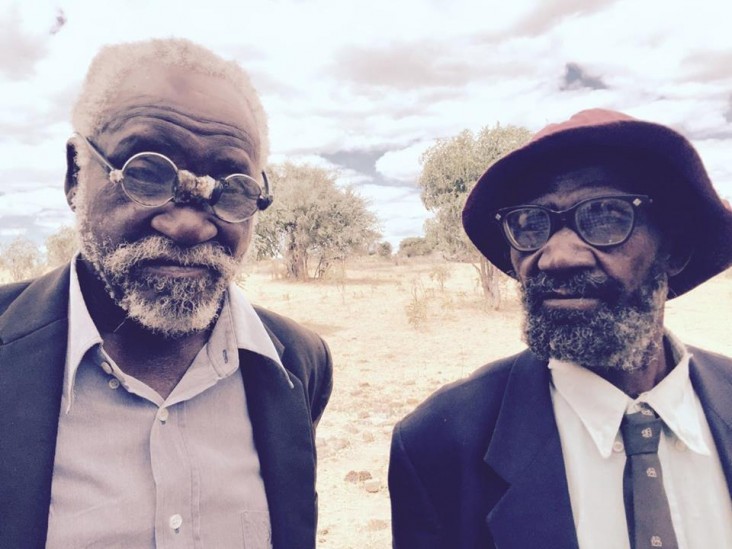Speeches Shim

USAID has provided more than $3.2 billion in development assistance to Zimbabwe since its independence in 1980. Over the past three decades, the USAID Mission in Zimbabwe has focused on strengthening Zimbabwe’s health systems, improving standards of living, supporting democratic processes, and enabling economic growth.
Early USAID contributions to the country’s development included: providing loans for home construction for over 40,000 low-income households, investing over $170 million in factories and farms to increase the productivity of industry and smallholder farmers, supporting community-based natural resource and wildlife management, and funding thousands of Zimbabweans to attend university in the United States.
As in many countries across Africa, there was an alarming spread of HIV/AIDS in the 1990s. USAID has coordinated with the Government of Zimbabwe and international donors to provide HIV/AIDS antiretroviral drugs and prevention services to reduce the national HIV infection rate from 26 percent at its peak to 14 percent today.
Since the early 2000s, Zimbabwe has experienced a lack of economic growth, high unemployment, hyperinflation, and recurrent droughts that have hindered agricultural production. In response, USAID created programs to build resilience among the most vulnerable through an approach that combines climate-smart agricultural and marketing practices, nutrition, and disaster risk reduction.
For over ten years USAID has worked to address the urgent food needs of millions of rural Zimbabweans, while simultaneously laying the foundation for improved food security by increasing household food production, improving access to markets, and raising household incomes.
USAID remains committed to sustaining and expanding its partnership with the people of Zimbabwe to improve health outcomes, increase agricultural productivity, stimulate economic growth, protect human rights, and improve democratic systems.


Comment
Make a general inquiry or suggest an improvement.